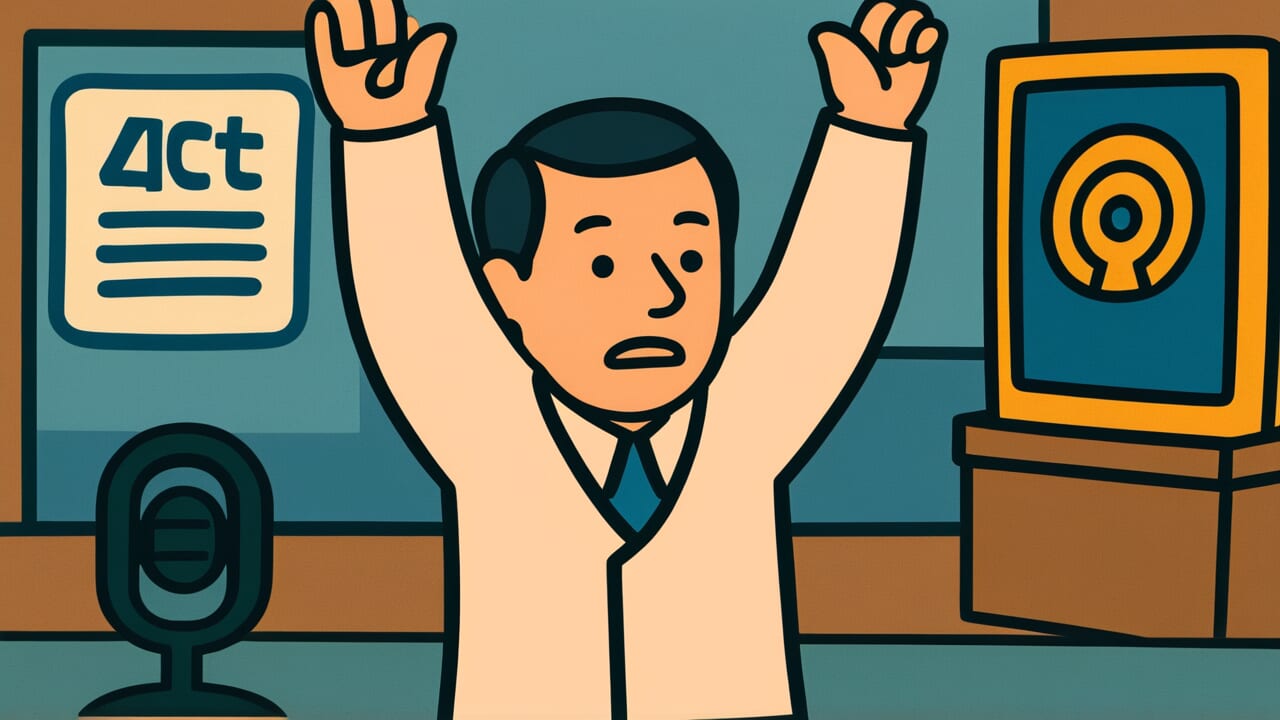How to Read “Failure is for practice”
Shikujiru wa keiko no tame
Meaning of “Failure is for practice”
“Failure is for practice” means that failure is a valuable experience for improvement. When you fail at something, you shouldn’t see it as just a setback and feel discouraged.
Instead, you should view it positively as part of the practice process that helps you develop your skills and abilities.
This proverb is used to encourage people who have failed or to help yourself accept your own failures. When you try something new and it doesn’t go as planned, or when you make a mistake at work, this saying helps you reframe failure as fuel for growth.
Even today, many people hesitate to take on challenges because they fear failure. But this proverb teaches that failure itself has value.
By learning from failure, you can achieve better results next time. When you think about it this way, failure is never wasted. It’s actually a necessary process.
Origin and Etymology
The exact first written appearance of this proverb is unclear. However, the structure of the words reveals an interesting background.
The word “shikujiru” originally came from “shisokujiru,” which means to mess something up or fail. Meanwhile, “keiko” originally meant “to examine the past” – studying past examples to learn from them.
Later, this word came to refer to practice in martial arts and traditional arts.
This proverb likely originated from the training grounds of martial arts and traditional crafts. In the world of samurai and artisans during the Edo period, taking on challenges without fearing failure was highly valued.
Getting struck during sword practice, breaking pottery in ceramics – each of these failures was a step toward the next success.
The expression “for practice” contains a positive perspective. It shows that failure isn’t just bad luck, but part of the process toward improvement.
Rather than blaming someone for failure, you accept it as a learning opportunity. This way of thinking reflects the warm gaze of a master teaching a student.
Instead of demanding perfection, all experiences including failures help people grow. This proverb reflects the traditional Japanese educational philosophy.
Usage Examples
- I burned my first attempt at cooking, but failure is for practice, so next time I’ll pay more attention to the heat
- I got nervous during my presentation and stumbled over my words, but failure is for practice, so I’ll apply this experience next time
Universal Wisdom
The proverb “Failure is for practice” contains deep insight about human growth. Why do people fear failure?
It’s because they feel failure denies their worth as a person. But our ancestors understood that failure and human value are separate things.
Humans are not perfect beings. In fact, because we’re imperfect, we have room to grow and joy in learning.
This proverb has been passed down for so long because many people know from experience that some lessons can only be learned through failure.
What’s interesting is that this proverb positions failure as “keiko” – practice. Practice is preparation for the real performance.
In other words, in life, failure is not the main event but a preparatory stage for a better future. From this perspective, failure becomes not an ending but a beginning.
Everyone fails. But how you view failure greatly changes your life afterward. Do you hide failure as shame, or use it as a lesson?
This proverb gives you the courage and wisdom to choose the latter. Rather than aiming for perfection, keep learning from all experiences including failures.
That’s what it means to live as a human being, our ancestors teach us.
When AI Hears This
The human brain has a built-in mechanism to detect “prediction errors.” When results match expectations, the brain barely reacts.
But the moment predictions fail – when you make a mistake – the midbrain releases large amounts of a neurotransmitter called dopamine.
When this dopamine reaches synapses, the connection points between nerve cells, those connections physically strengthen. This is what neuroscience calls “error-driven learning.”
What’s fascinating is research showing that learning efficiency is remarkably low with success experiences. One experiment compared brain plasticity – the ability to change – between continued correct answers and experienced failures.
The brain after failure showed about three times more synaptic connection changes than after success. In other words, the brain is designed to remember “what didn’t work” better than “what worked.”
Even more noteworthy is that this mechanism evolved as a survival strategy. Failure to detect danger, failure to catch prey.
Individuals who couldn’t learn from these “mistakes” were eliminated. As a result, our brains developed a structure that can only learn efficiently through the practice of failure.
This proverb saw through the molecular-level truth of the brain hundreds of years ago.
Lessons for Today
What this proverb teaches modern people is how to face failure. In an age when we see only others’ successes on social media, haven’t we come to fear failure too much?
What matters is not hiding failure, but what you learn from it. When you try to acquire new skills, when you challenge yourself with a career change or starting a business, when you cause misunderstandings in relationships.
In these situations, if you can hold the perspective that “Failure is for practice,” failure becomes not something embarrassing but valuable feedback for growth.
Specifically, develop the habit of asking yourself when you fail: “What didn’t work?” and “How can I improve next time?”
Don’t blame yourself for failure – analyze it. This attitude will definitely move you forward.
No one is perfect. Rather, people who challenge themselves without fearing failure and keep learning from it ultimately achieve great results.
Your failures are nourishment that grows your future self. So don’t be afraid – take that step forward.



Comments